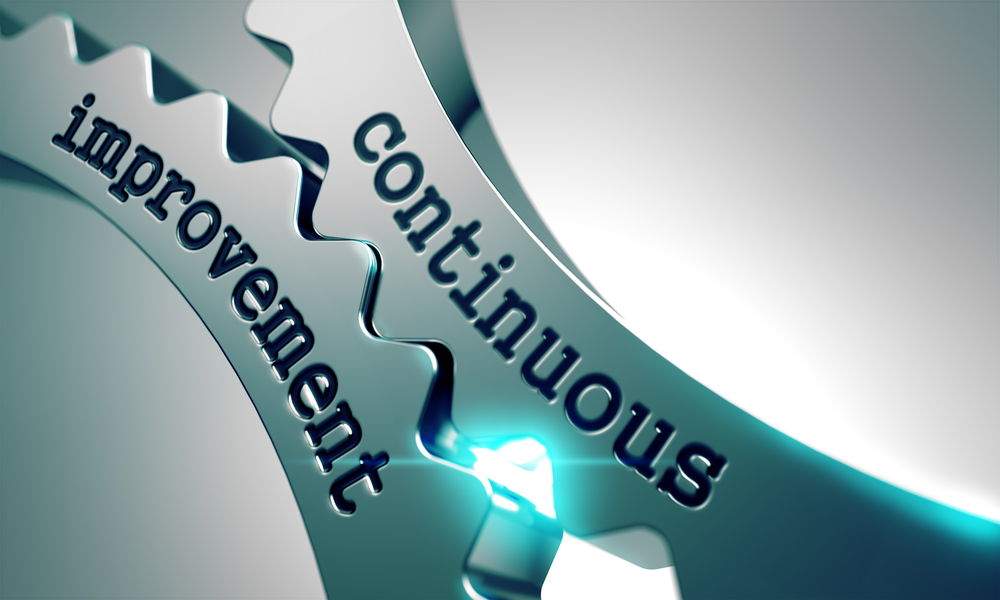The Best ERP Systems for Startups and Small Businesses in 2024: How to Choose the Right ERP Solution
Startups need to leverage every tool at their disposal to optimize operations and boost productivity. One such tool is an Enterprise Resource...

Millennials are one of five generations working in companies today. Their approach to life and to work is significantly different to that of previous generations. What do you need to do to make an ERP or any other transformation successful with this generational mindset?
I recently began a discussion around change and the workplace. The summation is this: Change management is one of the biggest risk points within an ERP transformation, so it is imperative that you handle your change management effectively. No pressure.
Adding to this relaxed state of mind is the fact that each of the five generations coexisting together in the workplace brings with it a different life and work perspective. So how do you productively approach change in an environment with up to five different work-life perspectives? My previous post addresses why a different approach to these groups is vital for the success of your project. Now it’s time to dive right into the group probably discussed most often: The Millennial.
Part of my work revolves around assessing an organization’s change readiness. With this, I have landed on three important findings:
Millennials were born between 1980 and 1998. They are more interested in purpose than a paycheck. This is an important concept for leadership to understand because Millennials are motivated by the reason behind their work. They ask the questions why am I doing this, what is the purpose?
Millennials respond well to a coach versus a boss. You may still be their boss, but they are looking for someone who will offer leadership and coach them to improve and grow their position, grow their potential. Back in the ‘old days’ an employee worked well with a list of rules and job duties.
This perspective falls more into a Traditionalist which I will discuss at another time. Millennials are focused on success at the level of the individual first and then the success of the team. Millennials want a coach who will lead them through and talk about experiences so they can come to their own conclusions. In other words, less tell and more encouragement and aim.
The motivator in past generations used to be ‘My Satisfaction’. Now it’s ‘My Development’. How high and how fast can I grow, how far I will go, what can I do? Millennials are deciding that all day long. The answer to this determines how much discretionary effort an employee will make on any given day. The key to that effort is their development.
The real key question that Millennials ask themselves in the workplace is: Can I grow here? They have an expectation of how to use the best tools possible to do their work.
Here are a few stats from Gallup:
87% of Millennials surveyed say development is “ultra-important” to my job
71% of Millennials are either not engaged or actively disengaged at work. One component of this: you tell people how lousy your place of work is.
60% of Millennials are open to a new job opportunity. They are not attached to employers. This equates to a high risk of turnover in the midst of your ERP implementation.
We address all three of these things in change leadership and project assurance at KnowledgePath, but the need to address this remains whether you work with us or not.
How does this relate to your ERP initiative? To employ change successfully with the Millennial population, you need to integrate opportunity that allows your people to grow in their capabilities. Remember, these employees ask themselves: Can I grow here? They have an expectation of how to use the best tools possible to do their work. This is not only an opportunity for your people to grow; this mindset can be a tremendous asset to your company as well – if you embrace it.
Here is one of the best advantages. An ERP change positions you for one of the best circumstances to activate the younger workforce – a system changeover marks a reset of the entire company in that with so much being remade, the newest employees suddenly aren’t as behind as the veterans.
It also activates the leadership potential of the newer hires and allows them to shine because they’re less tethered to legacy methodology. Millennials don’t have the same “why” knowledge as the earlier generations, but that gives them the freedom to learn a new system with more enthusiasm.
Keep in mind, Millennials are a generation that wants to improve and grow and have an impact. If they can’t make an impact with you, they will likely move to make that impact with another company – possibly even your competitors. So embrace this mindset and provide opportunities for engagement and growth within your Millennial workforce.
Build this into your ERP transformation and you will not only receive more value from your workforce, but you will reduce turnover and create a work environment that attracts a generation that wants to be part of the success.
.png)
Startups need to leverage every tool at their disposal to optimize operations and boost productivity. One such tool is an Enterprise Resource...
.png)
Selecting the appropriate ERP system, whether cloud-based or on-premise, is crucial for achieving operational efficiency and ensuring long-term...

In the realm of business operations, ERP (Enterprise Resource Planning) systems hold significant importance. However, there is a common saying that...